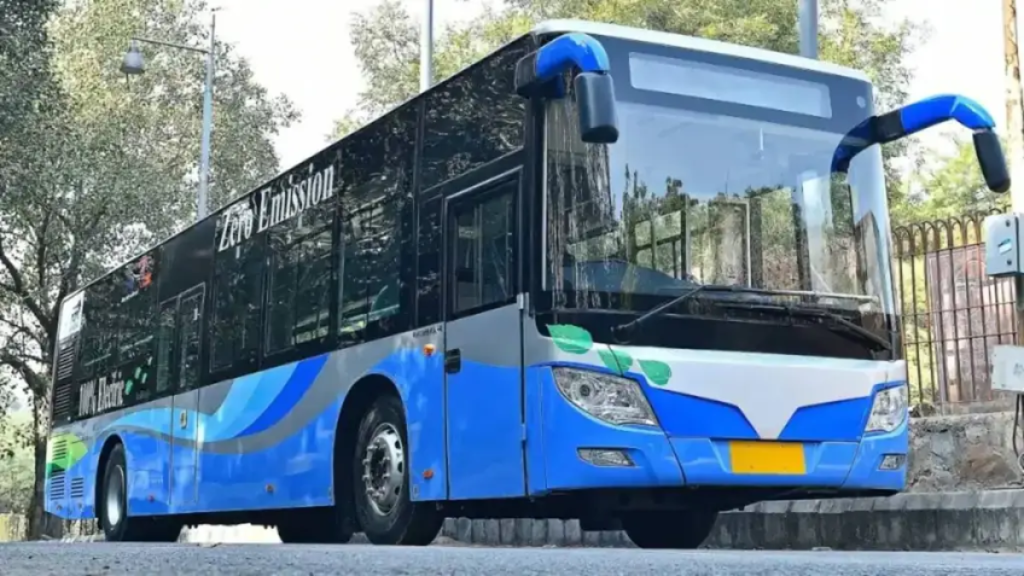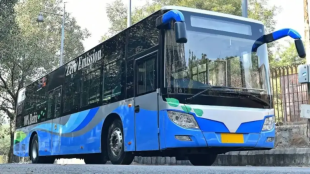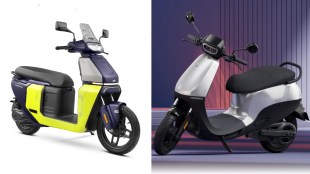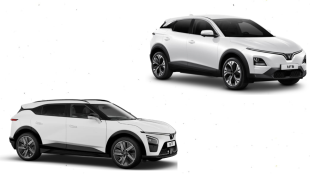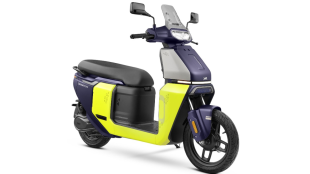PMI Electro Mobility is aiming to win orders for about 30% of the 10,900 electric buses to be tendered in Phase I of the PM Electric Drive Revolution in Innovative Vehicle Enhancement (PM E-DRIVE) scheme, chief executive officer Aanchal Jain said. The scheme has an outlay of Rs 10,900 crore.
The country’s largest electric bus manufacturer is banking on localisation and vertical integration—from battery packs and motors to wiring harnesses and control units—to be able to price the buses competitively.
“Our investments in localisation are now paying off, enabling us to bid competitively, reduce costs, and drive revenue growth,” Jain said.
She said around 50% of an electric bus’s cost comes from the battery, while another 30% is made up of the motor and other electrical components.
Strong market share and order pipeline
PMI currently holds a 26% share of the 2,114 electric buses sold in India during the first half of 2025 and has a robust order book of 3,000 buses.
Jain said the company’s approach has been to maintain a manageable order book and prioritise timely deliveries. “We have consistently delivered ahead of schedule. We have prioritised execution and are confident this focus will strengthen our leadership,” she added.
The company has already deployed all of the approximately 1,200 e-buses it was awarded under the Faster Adoption and Manufacturing of Electric Vehicles in India tender.
Jain said the company has also secured an order for around 750 e-buses under the PM e-Bus Sewa scheme, which is expected to drive a 50% increase in revenue in FY26. The company closed FY25 with a turnover of `800 crore.
The company reported a profit of Rs 22 crore in FY24.
Expanding product range and sector opportunities
PMI’s portfolio comprises three variants of electric buses—12-metre, 9-metre, and 7-metre, with ranges of 180 km, 150 km, and 80 km, respectively, along with a dedicated electric school bus.
The company is also eyeing orders from state government tenders in states like Uttar Pradesh and Maharashtra.
The share of electric buses on India’s roads remains low. In FY25, only 3,392 of the 109,609 buses sold were electric—just 3.1% of total sales. The target under the National Electric Bus Programme (NEBP) is to deploy 50,000 electric buses by 2030. India has an estimated 2.3 million buses, but only around 6% are operated by state transport undertakings (STUs), which are currently transitioning to electric fleets with government subsidies. The vast majority of buses remains in the hands of private operators, many of them small-scale.
Although buses account for less than 1% of the total vehicle fleet, they contribute nearly 15% of India’s transport-related CO₂ emissions, making their electrification central to the country’s decarbonisation efforts.
